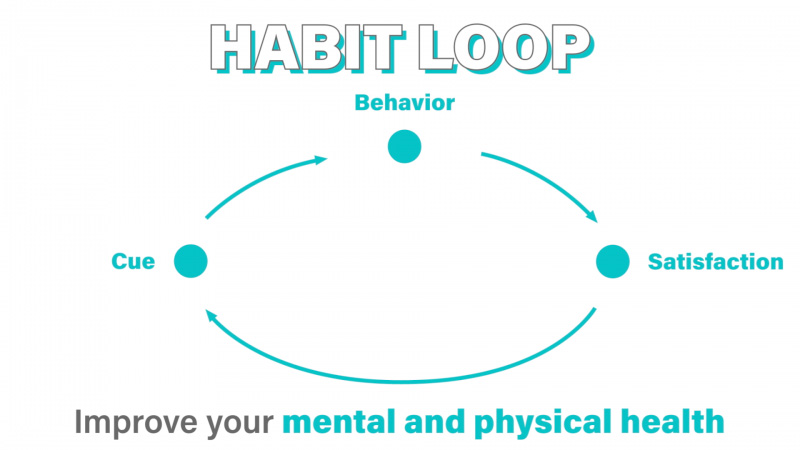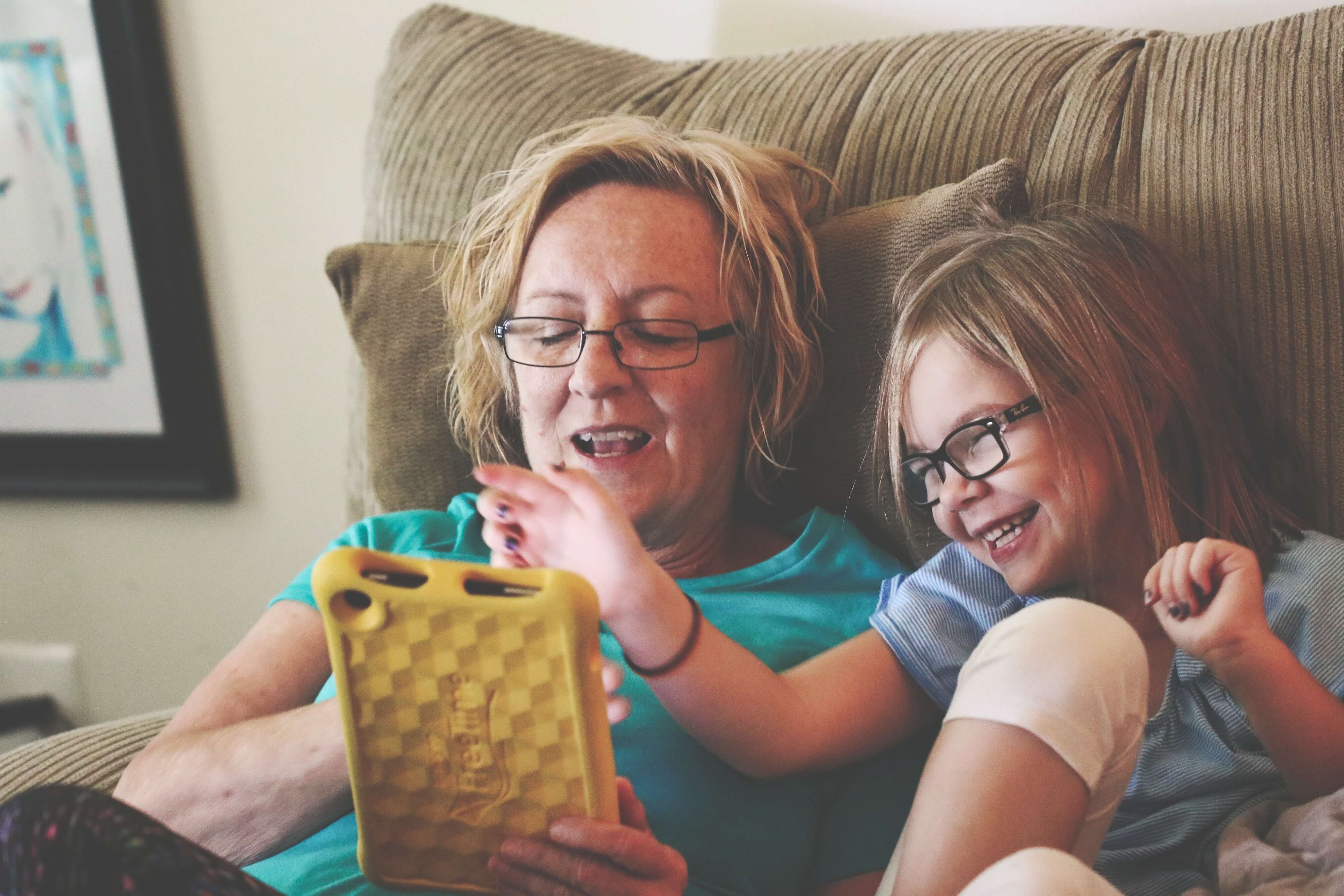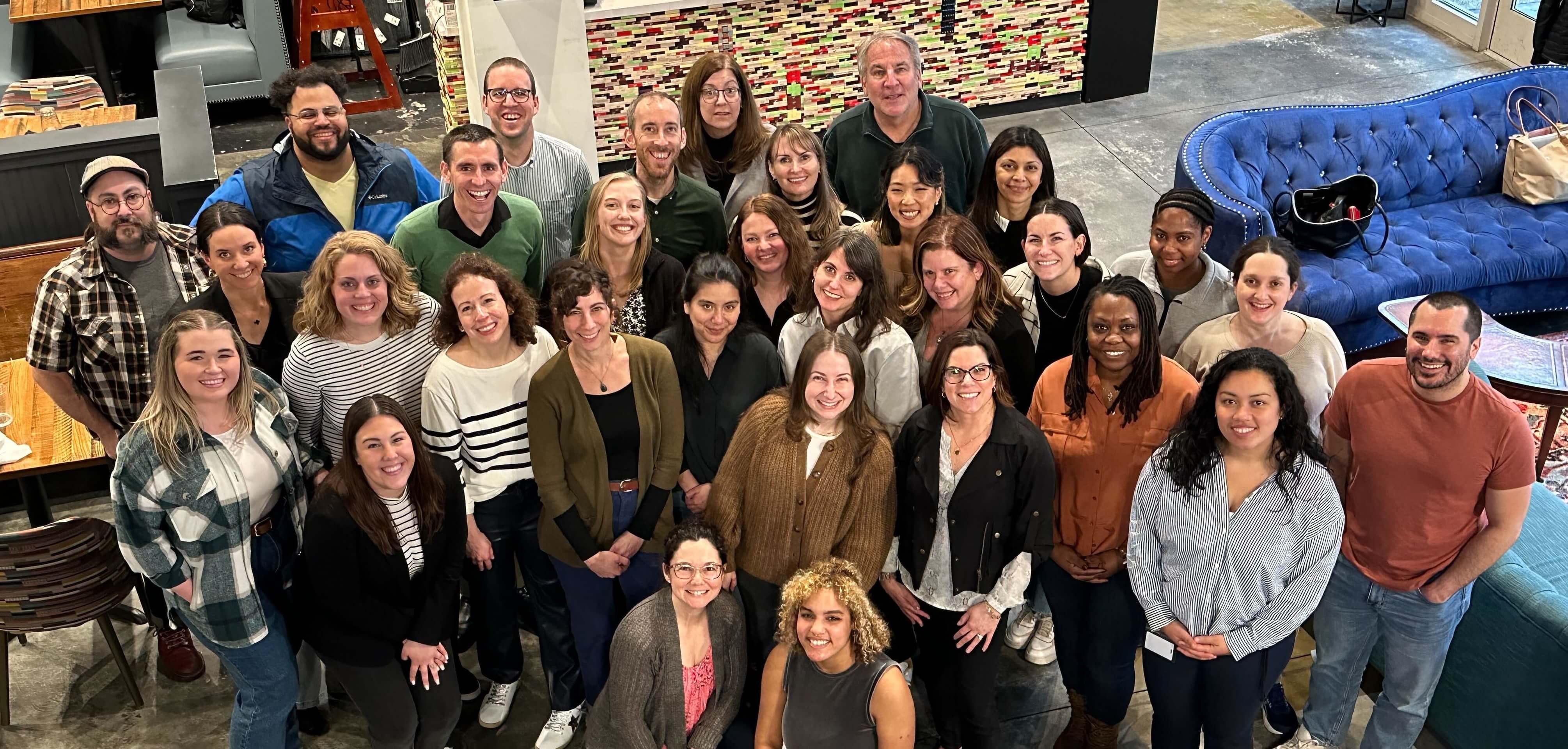Prevent Teacher Burnout with Decision Skills

If I had to pick one thing I wish I knew before my first year of teaching, it would be how to think more effectively about the many decisions I had to make every day. Any teacher knows you don’t have the option to delay writing a test or delegate a call to a parent, so it helps to know how to consider these decisions in ways that align with the reality of your responsibilities and also keep your spirits up.
During my first year, I logged many hours beyond the school day consulting with colleagues about behavior management techniques and planning lessons to ensure my students would be appropriately occupied (and grading, because I was a high school English teacher). But even though I was actively building my skills and meeting my responsibilities, I would wake up at 3 a.m. panicking about what might disrupt my class, like students arguing with one another, coming in late, or nodding off; a fire drill in the middle of a test; or the finicky projector failing to cooperate with my computer. The possibilities of what could go wrong were endless, and I suffered with constant anxiety because of it. I thought of myself as a bad teacher because sometimes things didn’t go exactly as I planned.
In retrospect, I would have been more likely to feel like I was thriving as a new teacher instead of merely surviving if I had adopted a mindset favored by decision making experts: identifying what I could influence with my skill and accepting what could be affected by chance. Instead, I felt powerless because when I reflected on how my lessons went, I tended to dwell on how students reacted to random events. I might have felt more hopeful if I evaluated my performance based on how my students responded to the activities that were actually in the lesson plan.

Years later, as I started developing instructional resources for Decision Education, I realized that many of the decision skills we want middle and high school students to learn would have helped me maintain a healthier perspective when I was a new teacher. The desire to help new and busy teachers struggling with the kind of stress that can lead to frenetic burnout inspired us to develop our Burnout Blockers series. How to resist cognitive biases including the Dunning-Kruger effect, conduct premortems as you plan lessons, and understand your habit loops are some of the decision skills covered in the seven brief videos in the Burnout Blockers series. It’s the kind of material I wish my student teaching seminar and new teacher induction program covered.
Although there’s no way to avoid an enormous workload as a new teacher, strong decision skills can make it easier to cope, so watch our free Burnout Blockers videos to give yourself a boost. If you’re mentoring new teachers, use our discussion guide to provide additional support. Make sure to keep in touch: email me to tell me which decision skills are most helpful in your teaching practice and ask about Decision Education resources that can help your students too.

